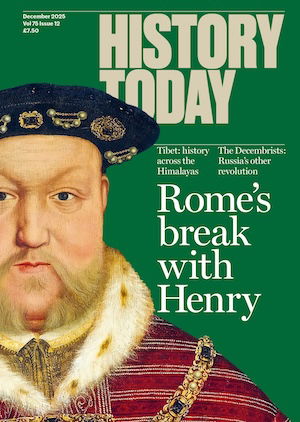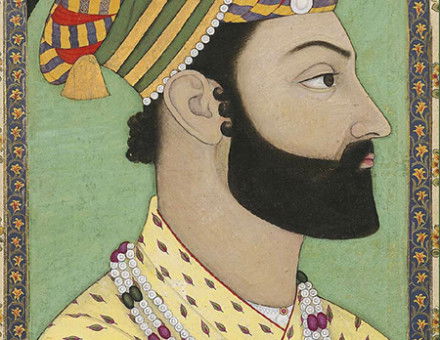Mountain of Light: The Koh-i-Noor Diamond in Indian History
Francis Watson describes the long and adventurous history of the Koh-i-Noor; between the fourteenth century, when its existence first became known, and 1839, when, at Queen Victoria’s request, it joined the British Crown Jewels.



